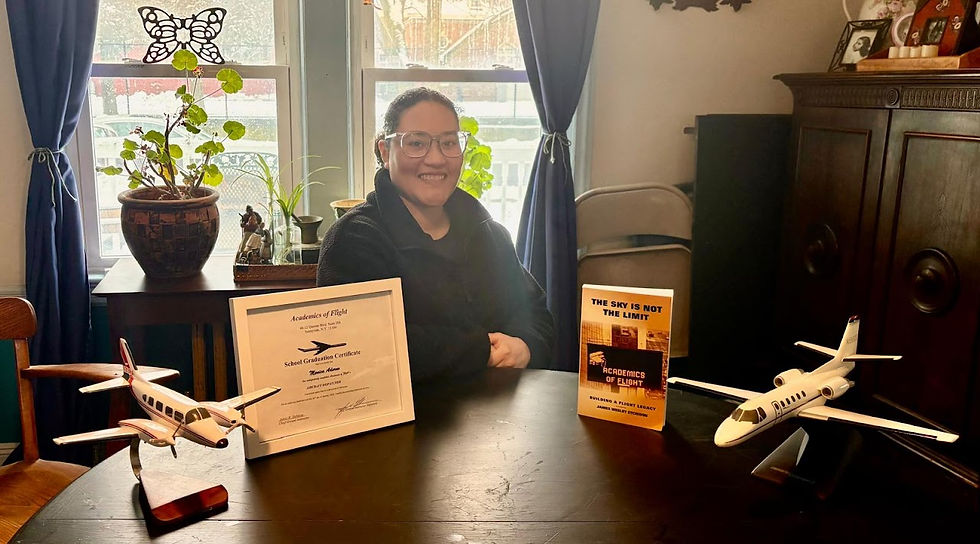Why did we start Aviation Prep Academy?
- Michael A.N. Winkler
- Apr 6, 2025
- 2 min read
Updated: Sep 23, 2025
next decade will bring an unprecedented demand in employment in the aviation industry, specifically airlines (scheduled & unscheduled), general aviation (on demand charter), and ancillary services (Fixed base operations, maintenance operations, etc.). The airlines alone account for about 600,000 jobs, and general aviation another 600,000.
The difficulty that the industry is encountering is several-fold:
The
Demographically, a comparatively large number of their employees is approaching retirement age, while the demand for travel is increasing.
The complexity of the airline business is such that competency is more difficult to achieve than in many other industries. That is, the skills needed are significantly higher than most entry level jobs.
Applicants are often ill prepared to join airlines, because they know little about the industry, and because other industries (high tech, gaming, etc.) appear more interesting regardless of barriers of entry.
In addition to industry-specific skills, many applicants to airlines, particularly those who are under-represented in the industry need guidance and training to acquire and practice other types of workforce skill sets, including filling out an online application, writing a resume, interviewing, handling conflict, setting goals, work-life balances, and developing a vocational or college plan or pathway. Often, many applicants do not have some of the basic Science, Math, Engineering, and Math (STEM) skills that help them to do the work with ease.
That is why we started Aviation Prep Academy.
We have three different programs for individuals at different stages and interests:
Aviprep Academy: A course of approximately 63 hours. Upon successful completion, participants will be well-prepared to apply to airline positions of “Load Planner” or “Crew Scheduler.” These positions do not require a BA. Our unique curriculum is an integration of workforce skills, technical knowledge, and STEM.
Remote Pilot: A course of approximately 10 hours to receive their FAA certificate remote pilots for commercial purposes (drone operation). The course would also include using drones for filming and provide training in film editing.
FAA Aircraft Dispatcher Certificate: This certificate requires 170 hours of training, and is sufficient for anyone who would apply to be a dispatcher in an airline, and the position does not require a BA degree. Any graduate of this program would automatically be eligible for 12 transfer credits at any institution of higher education.
Aviation Prep Academy is dedicated to nurturing the next generation of aviation enthusiasts. Through our innovative programs and hands-on experiences, we aim to inspire and empower dreams. Many thanks to our generous supporters who make our work possible. Without their contributions, none of this would be achievable. We are deeply grateful for their commitment to our cause.
James W. Etchison
Marguerite Keller
Keiko Winkler
Jules Pluviose
Father Felipe Rufes
Kyie Wallace
Dr. Zodelia Williams



Comments